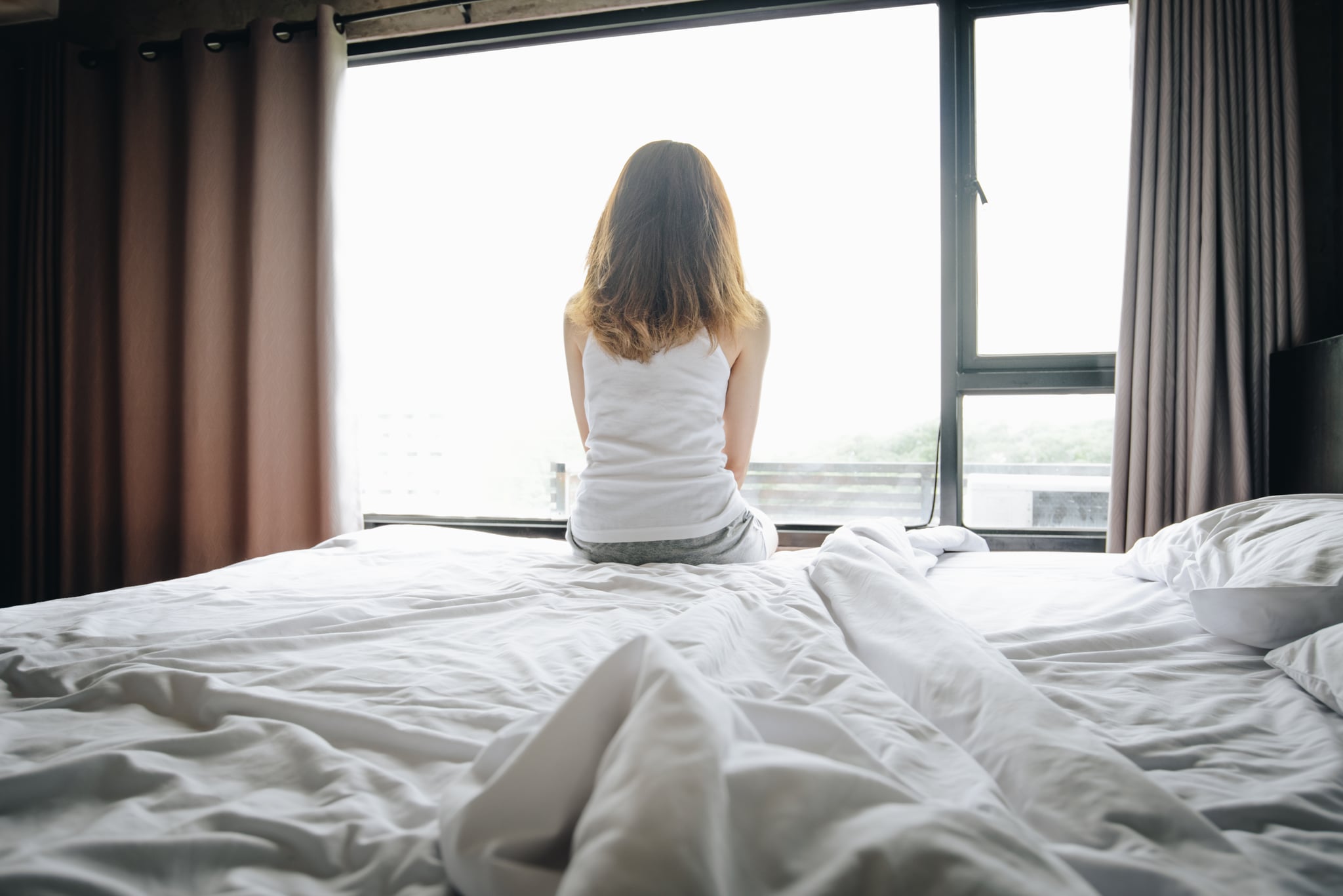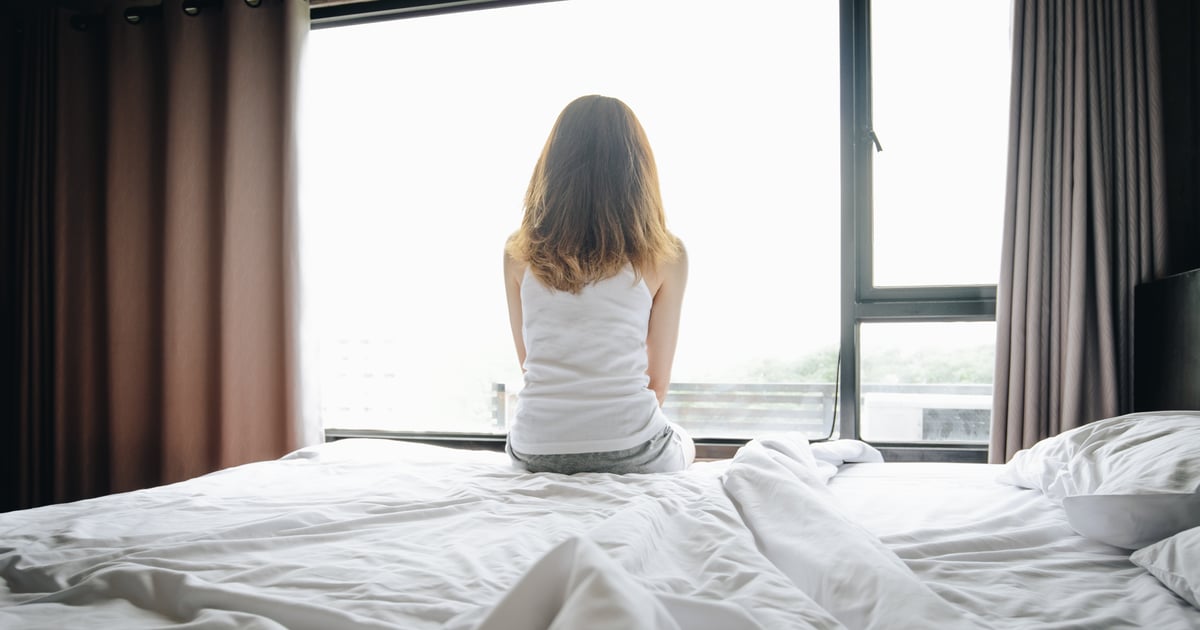
Over the past few weeks, we’ve suddenly found ourselves in a strange and disconcerting new reality due to the coronavirus outbreak. The shelves of grocery stores are empty, and toilet paper has suddenly become the hottest commodity in town (Purell is a close second). As COVID-19 rapidly spreads across the globe, we’ve been directed to self-isolate in an effort to slow the spread of the deadly illness. In many cities and states, schools, restaurants, bars, and shops have closed their doors. Although the majority of my peers are taking social isolation seriously, others have dismissed it as an “overreaction” and incorrectly stated that only the elderly should stay indoors — after all, they’re the ones at risk, right? As a young person with an autoimmune illness, I and the millions of other millennials and Gen Z’ers with these conditions are also at risk, and I’m asking everyone to please think of us, too.
Lupus is an autoimmune condition that causes the body’s immune system to attack its own tissues and organs. An estimated 1.5 million Americans have lupus, and the disease is most commonly developed between the ages of 15 and 44. (I first began exhibiting symptoms when I was 22 and was officially diagnosed at age 27.) People with lupus are at an increased risk of infections like COVID-19 and, if we catch it, we’re also more likely to develop serious complications. Of course, lupus isn’t the only illness that puts young people at an increased risk. According to the National Institutes of Health, up to 23.5 million Americans — more than seven percent of the population — are living with an autoimmune disease.
I live in Seattle, the US epicenter of America’s coronavirus outbreak. Like everyone else, I’m adjusting to a new normal that’s limited to my 800-square-foot apartment. Every few days I walk two blocks to pick up my medications at the pharmacy and stock up on frozen foods at Trader Joe’s, then return home and wash my hands until they’re dry and scabby. My contact with family and friends is limited to phone calls and FaceTime sessions. I’m about two steps away from making my own “Wilson the Volleyball.”
To everyone who is feeling stir-crazy and frustrated, I hear you! It’s also more than OK to feel disappointed and sad as special events are postponed and cancelled. My best friend’s wedding has been delayed indefinitely, and so has the memorial service for another friend’s father who passed away over the holidays. Many people my age have saved up money for months so they can take the trip of their dreams, only to have it cancelled. It’s human nature to be upset about putting our lives on hold.
But it’s reckless and irresponsible to decide that, because you’re a healthy 20-something, self-isolation rules don’t apply to you. Just because you feel fine doesn’t mean you aren’t infected — as CNN reported on March 19, asymptomatic people with the coronavirus are driving the spread of the illness. Every surface these people touch could result in a deadly case of COVID-19 for an at-risk individual.
Although most of my peers are staying in as directed, it’s hurtful to see others dismiss the very real risk that so many of us face. Every single time I see a social media post from a peer mocking the measures put in place to protect both the elderly and people like me, I’m distressed by the dangerous, ableist message it sends.
This isn’t an easy time for anyone. But young people have our entire lives ahead of us to travel, try new bars and restaurants, and spend quality time with our friends. Right now, our top priority needs to be looking out for each other. It’s ableist to decide the rules don’t apply to you and, in addition to putting your peers at risk, those who refuse to comply with coronavirus measures are also sending the message (albeit inadvertently) that the lives of young, chronically ill people like me aren’t as valuable. Now more than ever, we need to come together and support one another any way we can. Complying with social isolation is the bare minimum, but it will undoubtedly save lives.
